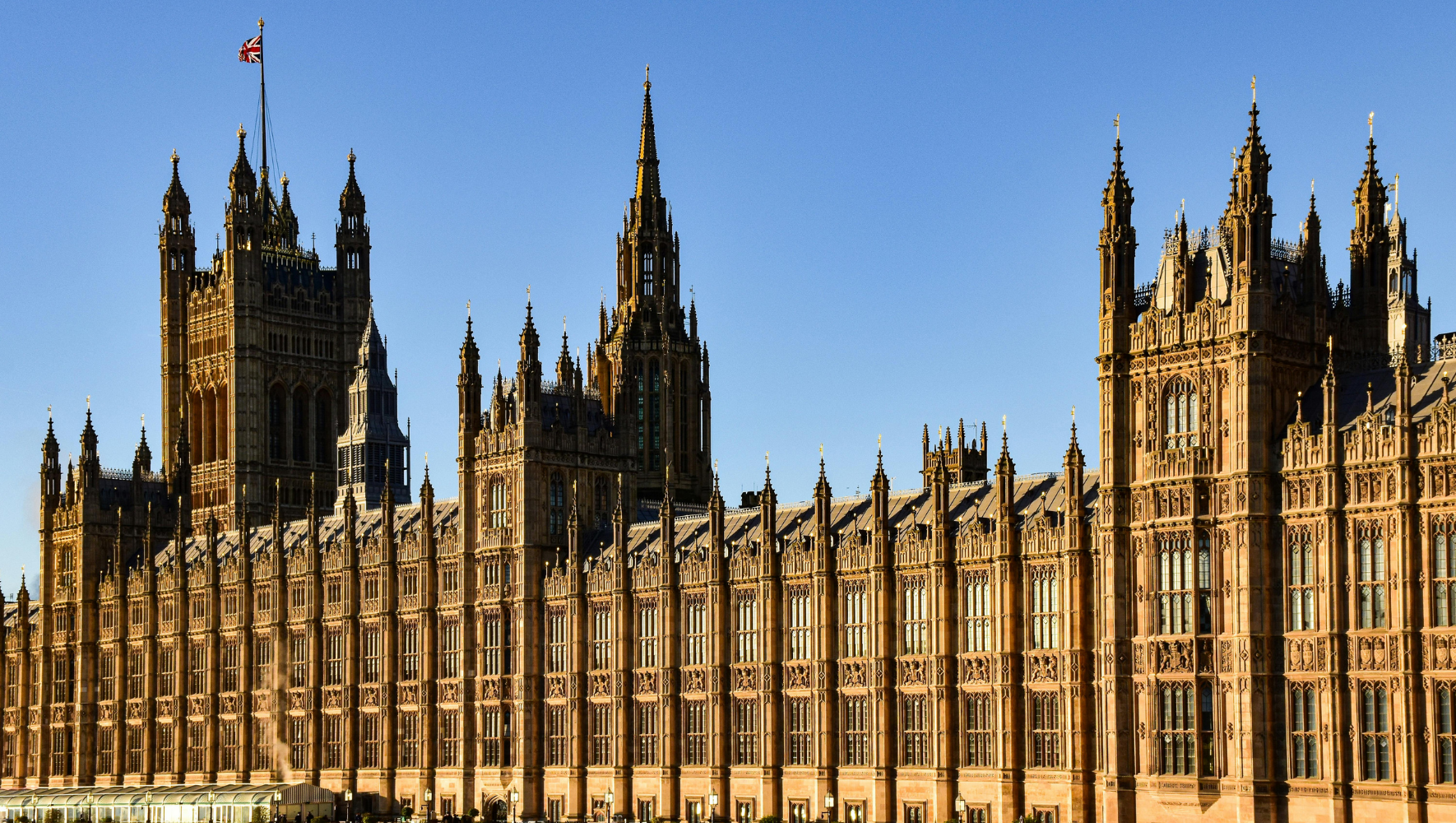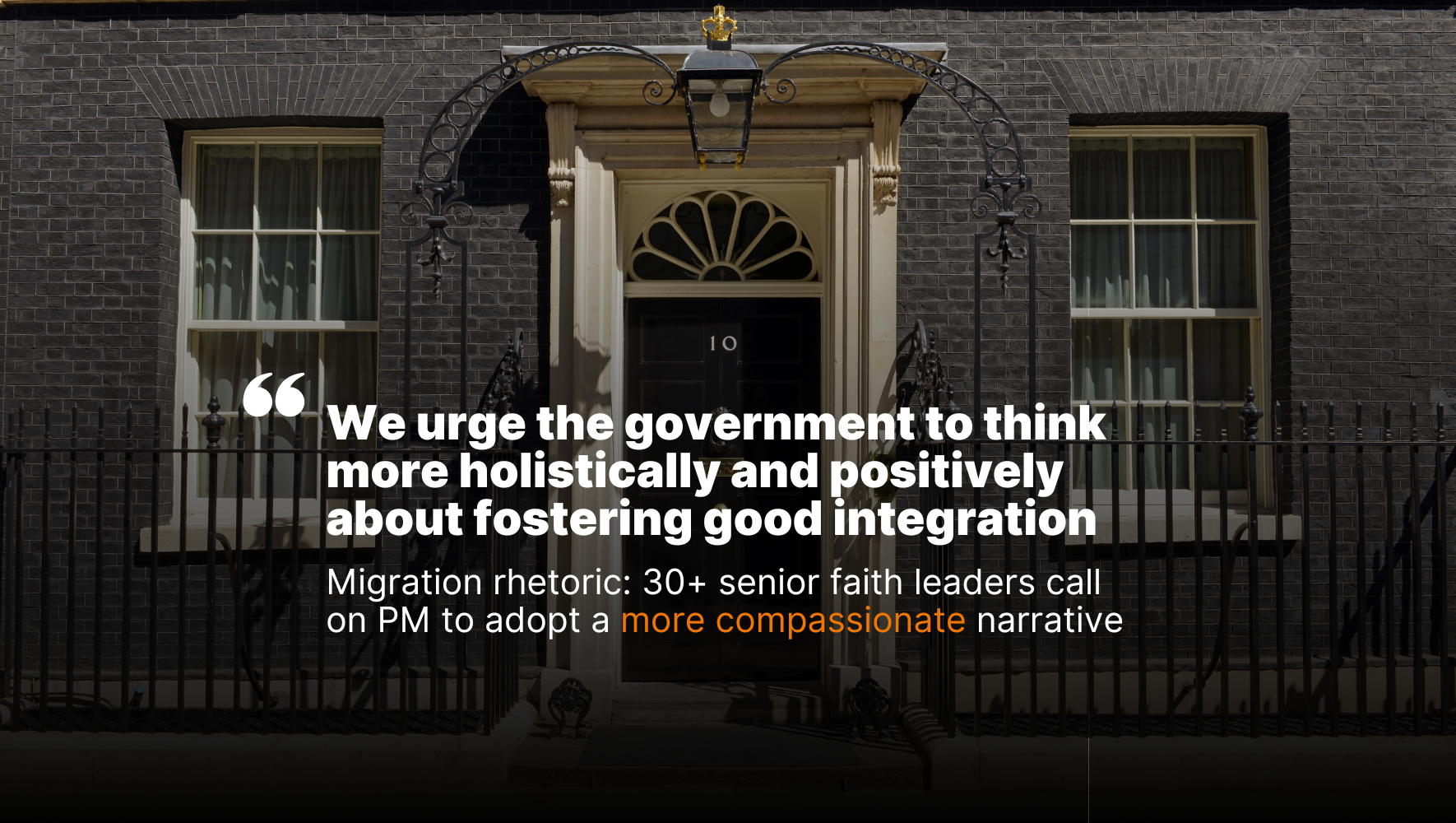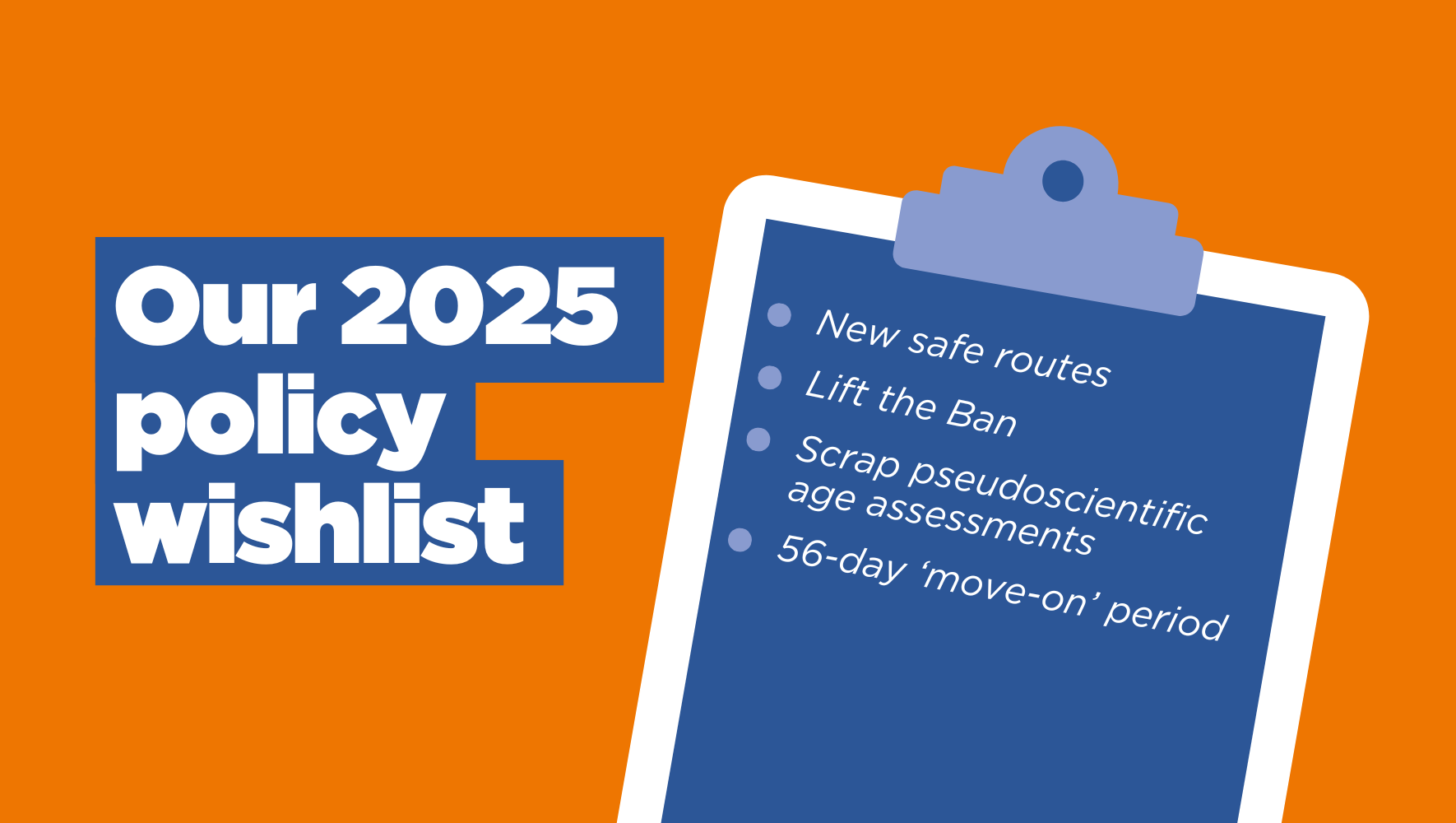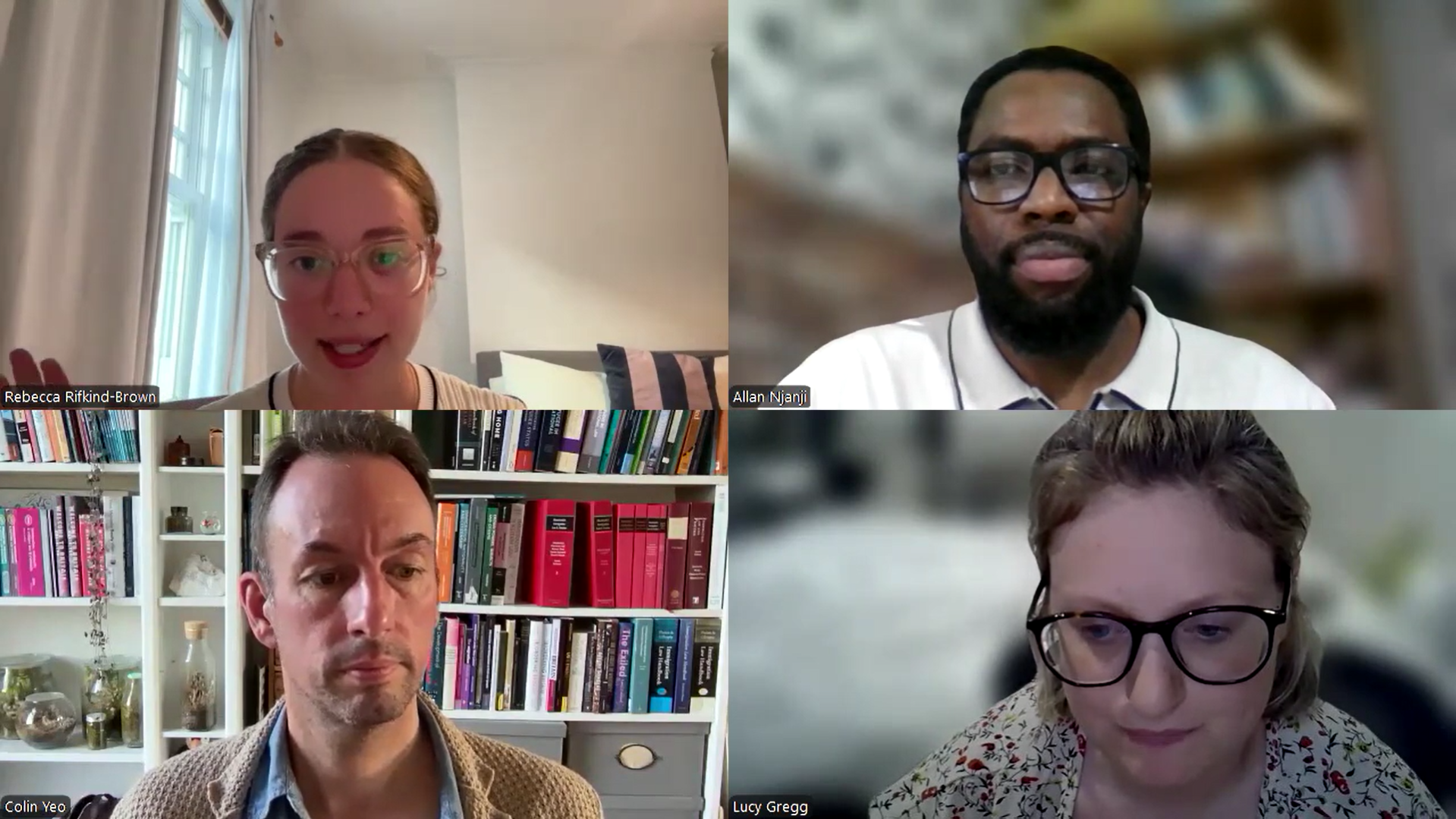
In early February 2025, the Government’s new ‘Border Security, Asylum and Immigration Bill’ was introduced to Parliament for its second reading. The Bill has now passed through report stage and third reading in the House of Commons, and will now move to the House of Lords for first reading there. Read on to find out what the bill proposes, what we think should be changed, and how you can take action.
What is the Border Security, Asylum and Immigration Bill?
This legislation was first announced in the King’s Speech in July 2024 and was formally introduced to Parliament in late January 2025. Its central focus is on border security and the Government’s ambition to ‘smash the gangs’.
What does it propose?
The Bill is largely centred around security. To this end, it introduces new ‘counter-terrorism’ style powers and creates a number of new criminal offences. These include clauses which enable immigration and police officers to seize electronic devises (widely briefed by the Government as mobile phones), which potentially contain information relating to facilitating ‘illegal immigration’.
Additionally, the Bill makes it an offence to “endanger another life” during sea crossings to the UK, a crime for which a person can face up to five years in prison. Meanwhile, supplying or handling “articles for use in immigration crime” can carry a sentence of up to 14 years. There is a high risk that vulnerable refugees fleeing war and conflict could be prosecuted under these expanded offences.
Are there positive elements to the Bill?
Yes. Most notably, it repeals the Safety of Rwanda (Asylum and Immigration) Act 2024 – in effect scrapping the ‘Rwanda Plan’. While the Government has already made this commitment, formally repealing this harmful policy, which was deemed by the Supreme Court to be unlawful, this is a positive move. By doing so the Government makes a welcome commitment to displaced people’s right to asylum in the UK.
The Bill also repeals several sections of the Illegal Migration Act 2023. These include:
- The refusal to process asylum claims and ‘duty to remove’ people seeking asylum to other countries.
- Powers to indefinitely detain children.
- Provisions for the Home Office, rather than local authorities, to accommodate unaccompanied children.
But despite these positive steps, several concerning provisions in the Illegal Migration Act 2023 remain in place.
Our concerns about the Bill
- It introduces powers which could criminalise refugees seeking sanctuary. No one should be penalised for seeking refuge.
- While many measures from the Illegal Migration Act have been repealed, it fails to remove those that allow child detention, and block people who are victims of trafficking from using modern slavery protections. Provisions preventing people from certain countries of origin making asylum claims are also still in force.
- There is an overall overfocus on security at the expense of measures protecting the humanity of vulnerable people.
What is it missing?
When it was first outlined in the 2024 King’s Speech, the Government framed one of this Bill’s central goals as modernising the asylum system. To some extent it does make positive steps towards this: notably, it scraps the Safety of Rwanda Act 2024, and repeals the majority of the Illegal Migration Act 2023.
But in many ways, it feels like a missed opportunity. It focuses solely on border security and deterrence alone, without introducing or mentioning new safe routes. We know from the previous government’s disastrous policies that such an approach will not stop small boat crossings.
It also fails to build on the many positive moves the new Government has made (including the previous introduction of a trial 56-day move-on period, and the renewed processing of all asylum claims).
So what should be done instead?
If the Government is serious about modernising the asylum system, and making it truly fair and compassionate, we urge it to:
- Introduce new safe routes, including trialling a new refugee visa, urgently re-opening refugee family reunion applications, and broadening the definition of family reunion, and increasing resettlement targets.
- Granting people seeking asylum the right to work after six months – preventing destitution and poverty.
- Re-introducing a 56-day move-on period and making this permanent.
What happens now?
The Bill is now in the House of Lords where it’s begun Committee Stage. Peers have the opportunity to place amendments both here and at the following Report Stage.
After that, the amended Bill will return to the House of Commons. This won’t happen until at least mid-October 2025. If MPs in the Commons don’t agree with any changes made, a process of ‘ping pong’ will begin, until the Bill is finalised.
Peers in the House of Lords have already placed several important amendments. These include proposals which would:
- Reverse the ban preventing people who enter this country irregularly from ever becoming British citizens
- Introduce much needed safe routes for children to reunite with their families here
How can the Jewish community take action?
There’s still a long way to go with the Bill – and plenty of opportunity to join the campaign! Contact our Advocacy Coordinator to get involved.

HIAS+JCORE joins 200+ groups to condemn anti-refugee protests
Read More
Senior faith leaders urge PM to rethink migration rhetoric
Read More
The ‘move-on’ period pilot, six months on
Read More
‘Move-on’ period doubled to 56 days
Read More

